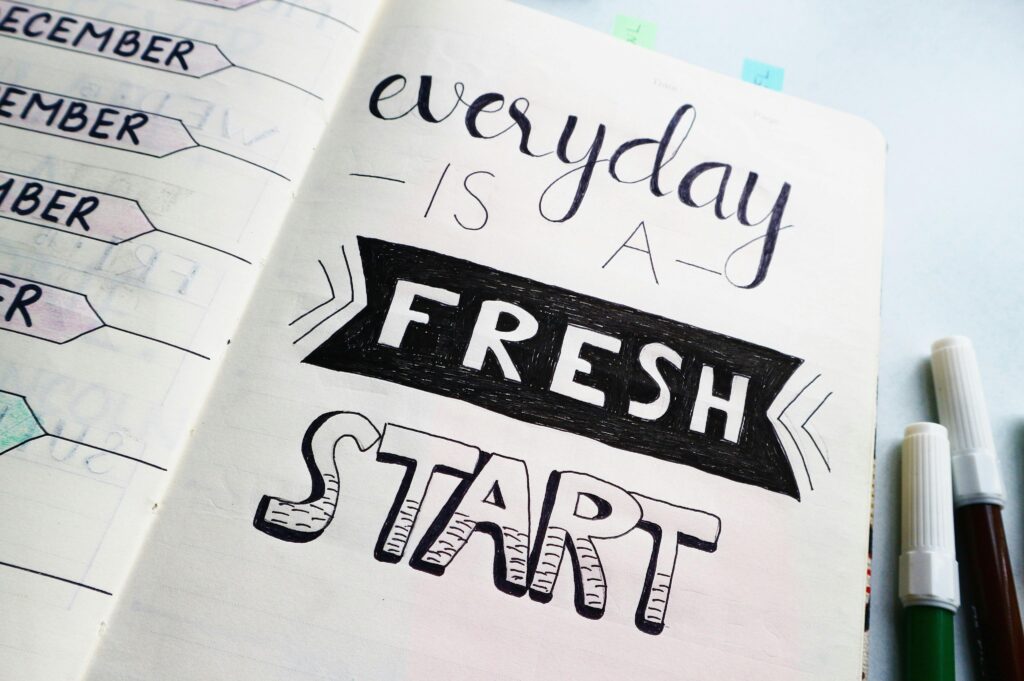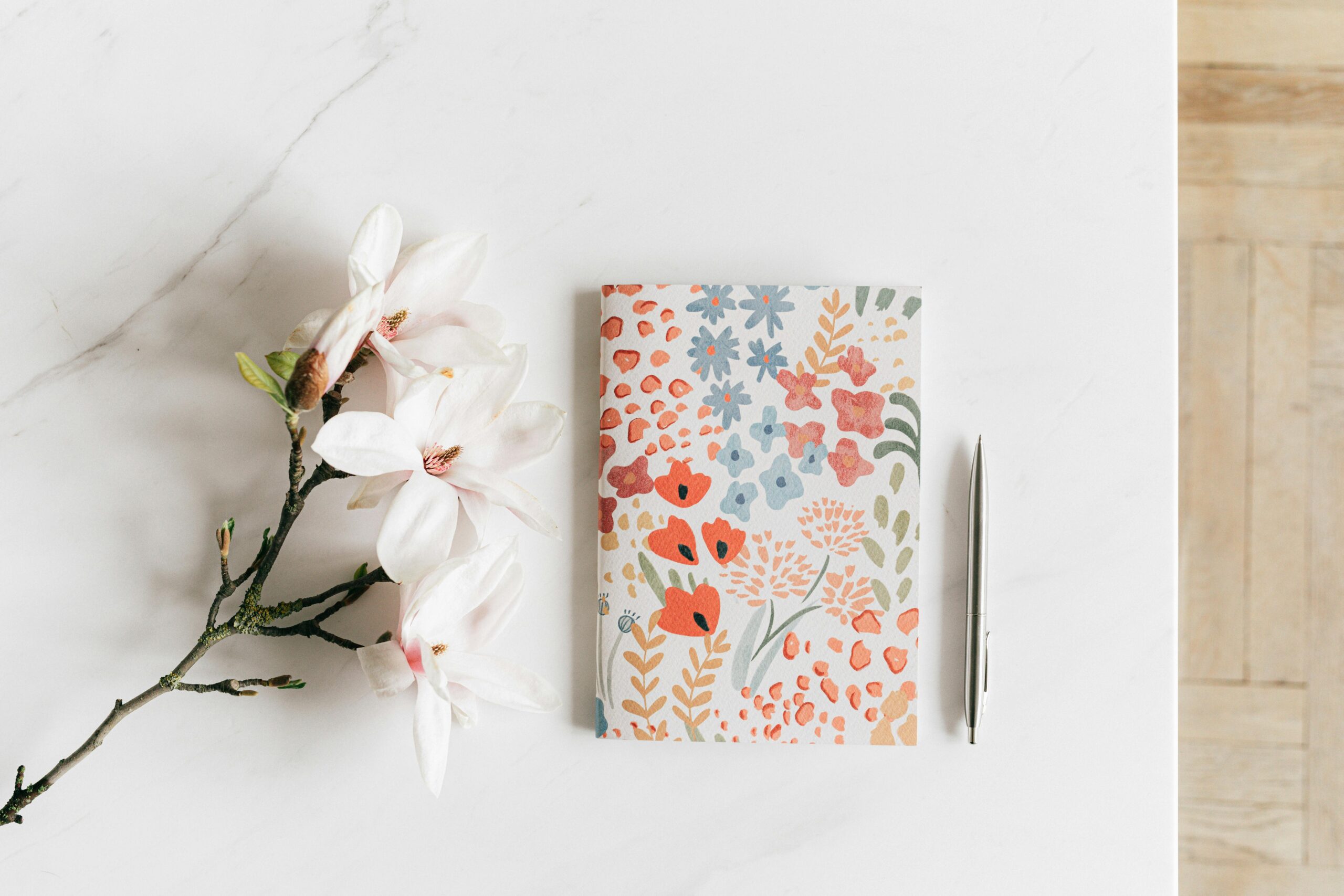
Marriage is an ever-evolving journey. As a wife, you are not only navigating the dynamics of your relationship but also tending to your own emotional and mental well-being. Amid the daily responsibilities, the deep love, and the inevitable challenges of life, it can be easy to lose touch with yourself. This is where journaling comes in—an accessible, therapeutic tool that helps you reconnect with your thoughts, process emotions, and find balance.
In this blog, we’ll explore the profound benefits of journaling as therapy for wives, and how putting pen to paper can nurture your soul, promote healing, and enhance your relationship with yourself and your partner.
Journaling: A Safe Space for Your Emotions
Marriage often comes with complex emotions—joy, frustration, love, and uncertainty. As a wife, you may sometimes feel the weight of those emotions, but journaling offers a private, judgment-free space to express them. The beauty of journaling lies in its ability to provide clarity when things feel overwhelming or when words fail to describe your feelings.
Writing can be a way to process difficult moments in your relationship without fear of misunderstanding or miscommunication. Whether it’s a disagreement, a moment of doubt, or a realization, putting your emotions into words helps release the internal tension and provides an outlet for healing.
Tip: Don’t hold back or filter yourself. Write freely and authentically—this is your time to explore your deepest thoughts.
Self-Reflection and Clarity in the Marriage Journey
As a wife, your role is constantly shifting. You may take on multiple responsibilities, such as caring for children, managing household duties, or advancing your career. Amid all these demands, it’s easy to lose touch with your sense of self. Journaling can offer you the chance to reflect on who you are beyond your role as a wife.
By dedicating time to write about your dreams, your struggles, and your accomplishments, you create space for personal growth. Journaling allows you to reflect on your marriage—what’s working, what needs improvement, and how you’ve evolved as a person and as a partner.
Tip: Use prompts like “What do I need from my relationship today?” or “How can I show up as my best self for my partner?” to guide self-reflection.

Fostering Emotional Intelligence
Journaling helps to build emotional intelligence, which is key in any relationship, especially marriage. By writing down your emotions, you practice identifying them, which allows you to process them more effectively in real life. You’ll become more aware of your emotional triggers and responses, giving you the tools to navigate difficult conversations with empathy and understanding.
When you write about your feelings, you’re engaging in an act of self-awareness. You can pinpoint patterns in your behavior, recognize emotional cycles, and address unresolved issues—leading to healthier communication with your spouse.
Tip: After a difficult argument, try journaling about what you were feeling before, during, and after. This can help you understand both your own needs and those of your partner.
Journaling for Healing and Stress Relief
Sometimes, marriage can bring on stress, especially when life outside the relationship is chaotic. Whether it’s a demanding job, family issues, or personal health concerns, the pressure can mount. Journaling provides an effective way to release stress and regain emotional balance.
Writing about your day or unloading your thoughts on paper can help you process stress and take a break from emotional overwhelm. It’s a form of self-care that doesn’t require much time but can have profound effects on your mental health. Journaling helps you gain perspective, and through this, it can foster healing in times of emotional turbulence.
Tip: Keep a “gratitude journal.” Writing about the things you’re thankful for can shift your mindset from stress to appreciation, helping you feel more grounded.
Enhancing Communication with Your Partner
Journaling doesn’t just serve as a tool for internal reflection—it can improve how you communicate with your spouse. It may be difficult to express your thoughts during heated moments, but journaling can help you clarify your feelings before addressing your partner.
If you’re feeling misunderstood or distant, journaling allows you to organize your thoughts and approach the situation with a calm and thoughtful mindset. Writing down your feelings before talking with your partner can also help you communicate more effectively, making difficult conversations more productive and compassionate.
Tip: Consider keeping a shared journal with your partner, where you both write down your thoughts, desires, and concerns. It can become a collaborative tool for fostering understanding and deepening intimacy.
Building Resilience and Personal Growth
Marriage is not without its challenges, and being a wife means learning to navigate those challenges with resilience. Journaling helps you document your growth throughout these challenges. It’s a way to track your progress, reflect on how you’ve overcome obstacles, and celebrate your strength.
When life feels difficult, looking back on your journal entries can remind you of how far you’ve come and the lessons you’ve learned. Your written words become a testament to your resilience, boosting your confidence and giving you the courage to face new challenges.
Tip: Revisit old journal entries from tough times and reflect on how you coped and what you learned. This can serve as a reminder of your inner strength.

Creativity and Rejuvenation
Journaling can also be a creative outlet for wives seeking rejuvenation. Writing doesn’t always have to be about heavy emotions; it can be a space for free expression, imagination, and even fun. Whether you explore writing poetry, create a story, or simply doodle, creativity in your journal can help rejuvenate your spirit and break up the monotony of everyday life.
A creative journal can be a reminder that you are a multifaceted person with passions and dreams outside of your role as a wife. This creative release can help keep you feeling alive, energized, and connected to the joy in your life.
Decorating your journal is a way to make it your own, turning it into a sacred space for self-expression. Whether you add colorful designs, stickers, inspirational quotes, or simply choose a journal that matches your aesthetic, making your journal visually appealing can increase the likelihood of you returning to it regularly. It transforms your journal from just a book of words into a personal treasure chest for thoughts, reflections, and growth.
The act of beautifying your journal can also be a meditative process. Choosing colors, adding small embellishments, or even drawing doodles can help you relax, focusing on the creative act itself rather than the outcome. This creative touch brings joy and helps you feel more connected to the practice of journaling.
Tip: Let go of any perfectionism and simply have fun with your journal. Express yourself freely, without worrying about structure or grammar. A journal that feels like a cozy retreat can be the perfect place to release your thoughts and emotions, making it a tool for therapy and personal growth.

All in all: Journaling is a Lifeline for Wives
As a wife, you wear many hats—partner, friend, caregiver, and sometimes even a therapist for others. But it’s just as important to care for your own emotional well-being. Journaling offers you the opportunity to process your emotions, reflect on your relationship, and heal in a way that benefits both you and your marriage. It provides clarity, fosters emotional intelligence, and nurtures personal growth, helping you become the best version of yourself—both as a wife and as an individual.
Remember, journaling doesn’t need to be a daily task or a perfect routine. It’s about creating a consistent space for yourself, where your thoughts, feelings, and dreams are honored. Through this simple yet powerful practice, you can nurture your heart and soul, heal from life’s challenges, and cultivate a deeper, more meaningful connection with yourself and your partner. Don’t forget to make your journal





